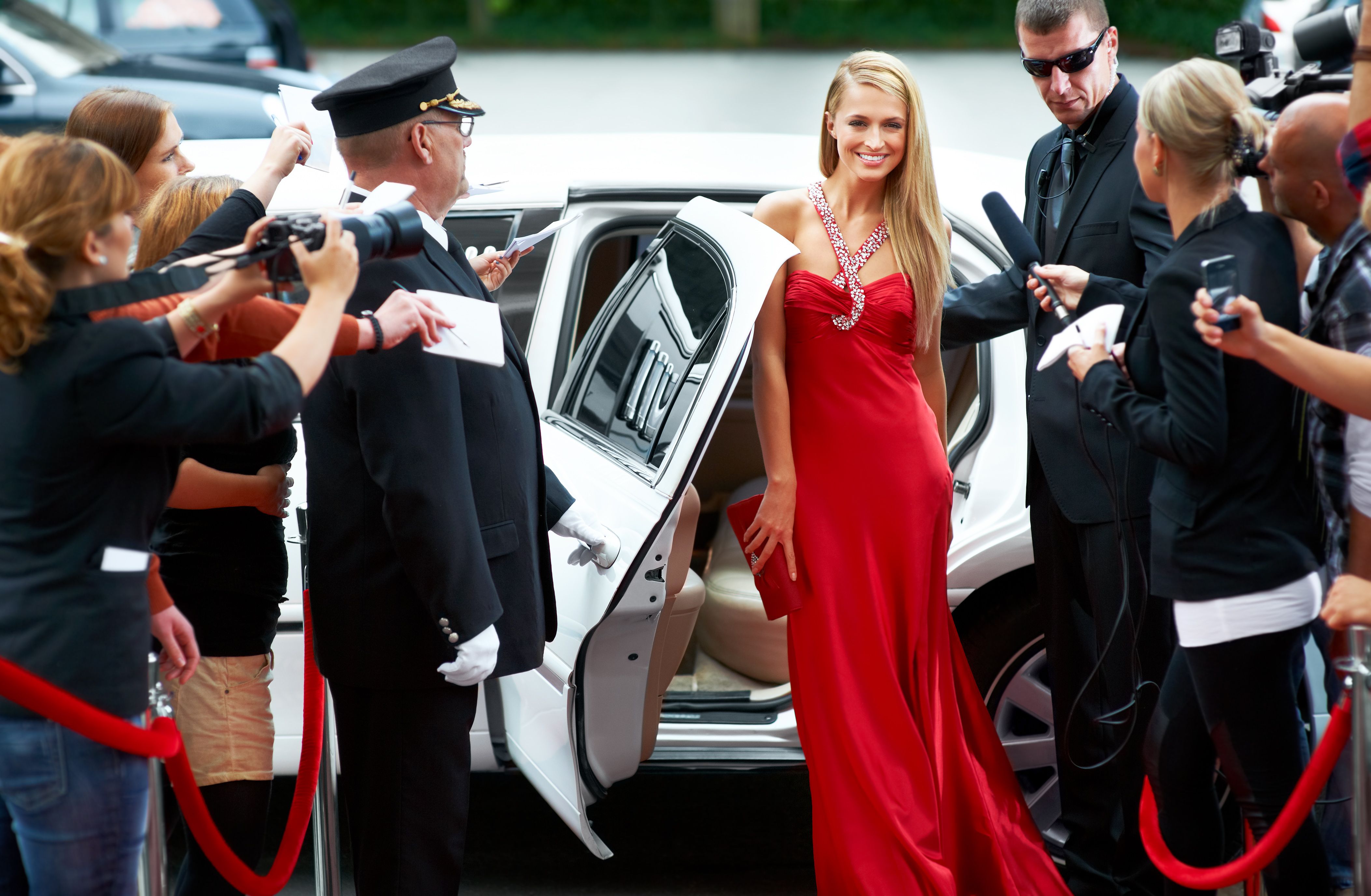The Myth of Universal Expertise: Society's Misplaced Reverence for Celebrities
The Rise of Celebrity Culture
In today's fast-paced digital world, celebrities have become omnipresent figures in our lives. From social media feeds to television screens, their influence is undeniable. However, society's tendency to regard celebrities as experts in every field often leads to the myth of universal expertise. This misplaced reverence can have profound implications on public opinion and decision-making.

The Allure of Fame
Why are we so captivated by celebrities? Part of the allure lies in their glamorous lifestyles and the seemingly endless array of opportunities they receive. Celebrities often project an image of being accomplished and knowledgeable, which can lead the public to assume they possess expertise across various domains. Yet, this assumption is more a reflection of their visibility than their actual skill set.
Our fascination with celebrity culture is also fueled by the media, which frequently highlights their opinions on topics ranging from health and politics to science and technology. This coverage can blur the lines between genuine expertise and mere opinion, leading to confusion among audiences.
The Dangers of Misplaced Trust
The most significant risk associated with the myth of universal expertise is the potential for misinformation. When celebrities speak on subjects outside their realm of knowledge, their opinions can spread rapidly, thanks to their massive platforms. This can result in the public accepting incorrect or biased information as truth.

Examples of Misguided Influence
- Health Advice: Numerous celebrities have promoted unproven health treatments or diets, leading followers to adopt potentially harmful practices.
- Environmental Issues: While raising awareness is positive, celebrities may oversimplify complex environmental topics, resulting in misconceptions.
- Political Endorsements: Celebrity endorsements in politics can sway public opinion without considering the nuances of policy and governance.
The Role of Media and Consumers
Media outlets play a crucial role in perpetuating the myth of universal expertise by prioritizing entertainment value over factual accuracy. Sensational headlines and viral content often overshadow expert opinions, leaving audiences with skewed perceptions.

Consumers also bear responsibility for discerning information critically. It's essential to differentiate between celebrity opinions and expert advice by evaluating sources and seeking out credible experts when forming opinions on complex issues.
Encouraging Informed Decision-Making
To combat the myth of universal expertise, society must cultivate a culture of informed decision-making. Here are some steps individuals can take:
- Research Thoroughly: Always look for multiple sources before accepting information as fact.
- Value Expertise: Recognize the importance of consulting qualified professionals in relevant fields.
- Question Bias: Be aware of personal biases and question why a celebrity's opinion might resonate more than an expert's.
By promoting critical thinking and valuing genuine expertise, society can begin to dismantle the myth of universal expertise and make more informed decisions in various aspects of life.